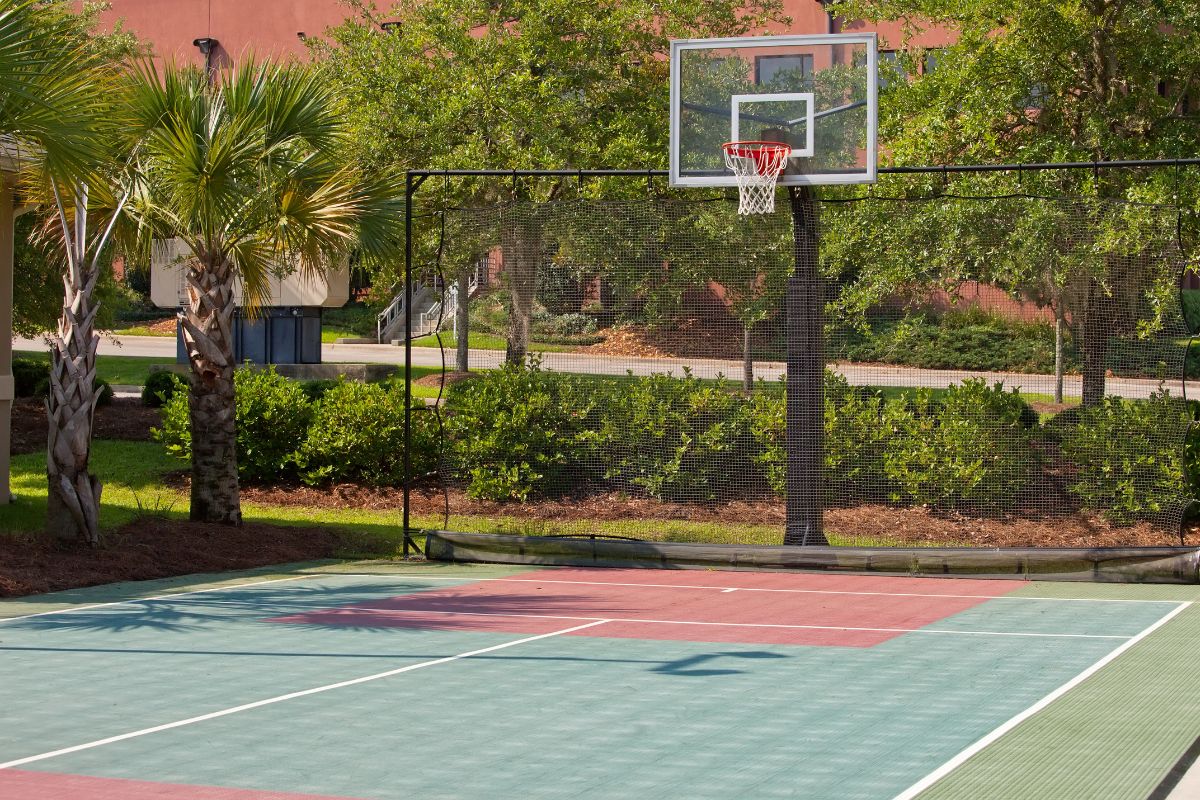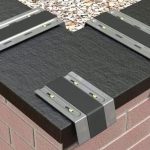Designing and building your basketball court is an exciting project that can transform your backyard or property into a hub for athletic activity and entertainment.
Whether you’re a basketball enthusiast looking to hone your skills, a family seeking a fun outdoor space, or a community aiming to promote fitness and recreation, a well-designed court can meet your needs. From choosing the right materials and dimensions to adding personalized touches like team logos or court lighting, every aspect of the process allows for creativity and customization. Plus, once completed, your court will serve as a focal point for friendly games, tournaments, and memorable gatherings for years to come. So gather your ideas, gather your team, and get ready to make your hoop dreams a reality!
Whether you’re a basketball enthusiast, a homeowner looking to enhance your property value, or a community organizer aiming to create a Dream Courts’ Indoor Basketball Court, this comprehensive guide will walk you through the process step by step.
Planning and Preparation
Before diving into construction, thorough planning is essential. Consider the following factors:
- Space: Assess the available area for your basketball court. Ideally, it should be flat, level, and free from obstructions.
- Budget: Determine your budget for the project, including materials, labor, and any additional features such as lighting or landscaping.
- Regulations: Check local zoning laws and regulations to ensure compliance with building codes and permits.
- Design: Sketch out your court design, including dimensions, placement of hoops, and any surrounding features like fencing or seating areas.
Court Layout and Dimensions
The standard dimensions for a full-size basketball court are 94 feet long by 50 feet wide. However, you can scale down the size to fit your available space. Essential measurements to consider include:
– Free Throw Line: 15 feet from the backboard
– Three-Point Line: 23.75 feet from the center of the hoop
– Key (Painted Area): 19 feet wide by 16 feet deep
– Hoop Height: Regulation height is 10 feet
Surface Material
Choose a suitable surface material based on your budget, climate, and intended use. Popular options include:
- Concrete: Durable and low-maintenance but may require professional installation.
- Asphalt: Cost-effective and relatively easy to install but may require periodic resurfacing.
- Interlocking Tiles: Provide cushioning and easy installation but may be less durable than concrete or asphalt.
Court Markings
Once the surface is prepared, it’s time to mark out the court boundaries and key lines using paint or tape. Use precise measurements and templates to ensure accuracy, including:
– Boundary Lines: Outline the perimeter of the court.
– Free Throw Line and Key: Mark the free throw line and critical area.
– Three-Point Line: Define the three-point arc around the court’s perimeter.
Hoops and Backboards
When selecting basketball hoops and backboards, it’s essential to priorities durability and weather resistance. In-ground hoops are a popular choice due to their stability and long-lasting nature, although they do require excavation during installation.
On the other hand, portable hoops offer flexibility and easy relocation, making them suitable for various locations, although they may not be as stable as their in-ground counterparts. When it comes to backboard material, there are several options to consider. Tempered glass backboards are often preferred for their professional performance, providing an authentic rebound and feel akin to those used in professional arenas.
However, acrylic backboards balance durability and affordability, making them an excellent choice for recreational play or environments where budget considerations are essential. Ultimately, choosing these materials depends on intended use, budget, and desired performance level.
Additional Features
Enhance your basketball court with optional features to improve functionality and aesthetics:
- Lighting: Install outdoor lighting to extend playing time into the evening.
- Fencing: Enclose the court with fencing to improve safety and privacy.
- Seating: Add benches or bleachers for spectators and players.
- Landscaping: Surround the court with landscaping to enhance its visual appeal.
Maintenance
Regular maintenance is essential to ensure the longevity and safety of your basketball court. Tips for upkeep include:
- Cleaning: Sweep or pressure wash the surface regularly to remove dirt and debris.
- Repairs: Promptly repair any cracks, chips, or damage to the surface or equipment.
- Resurfacing: Periodically resurface the court to maintain its appearance and performance.
Conclusion
Designing and building your basketball court is a rewarding project that can provide years of enjoyment for you, your family, and your community. By carefully planning, selecting suitable materials, and maintaining your court correctly, you can create a space that fosters athletic activity, social interaction, and outdoor fun for years to come.











